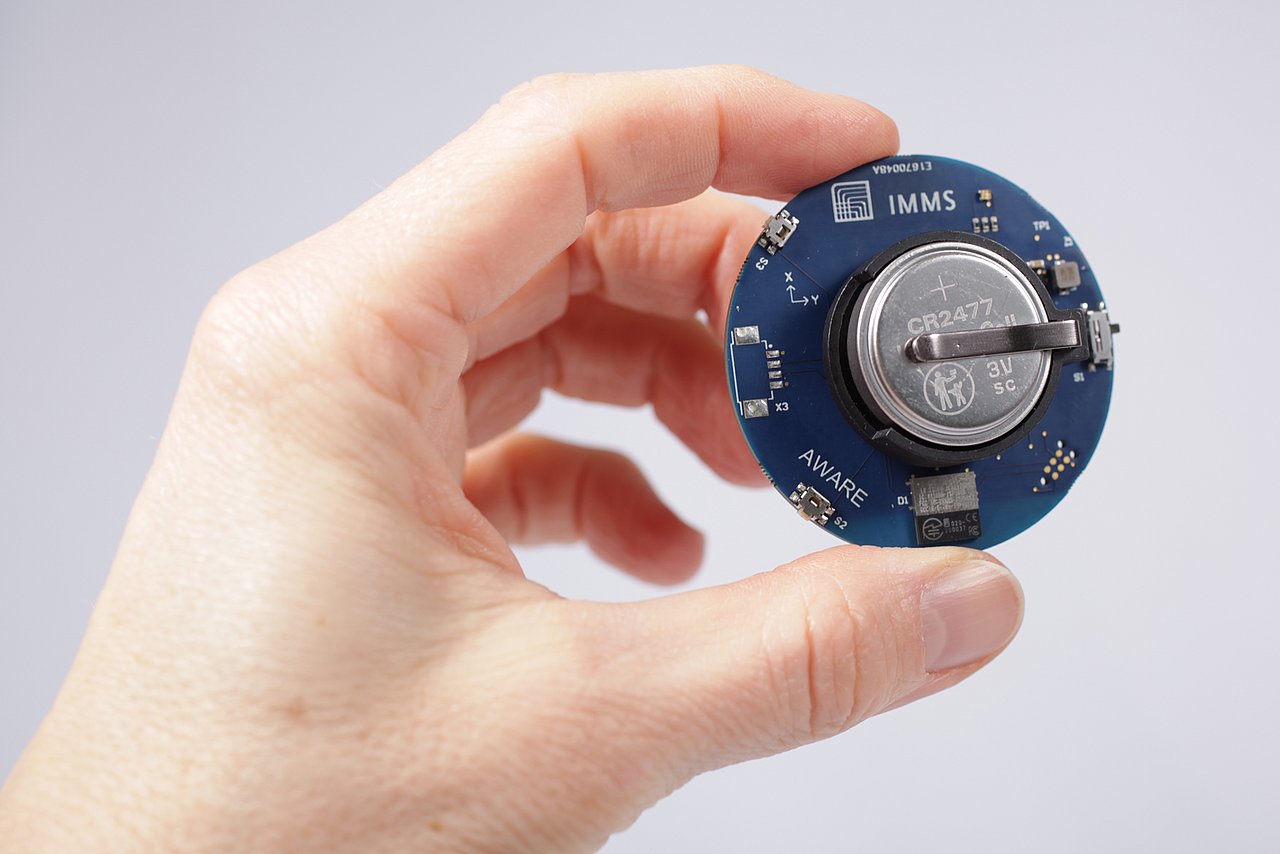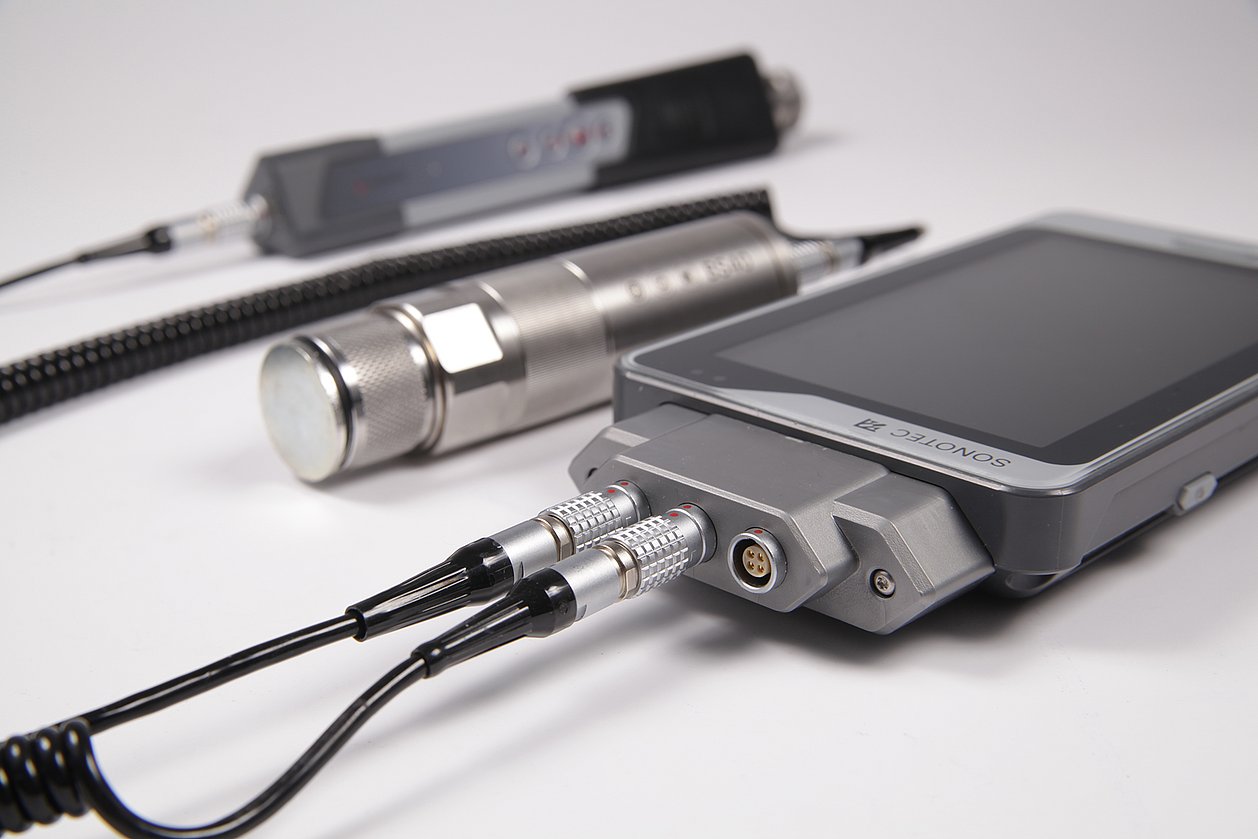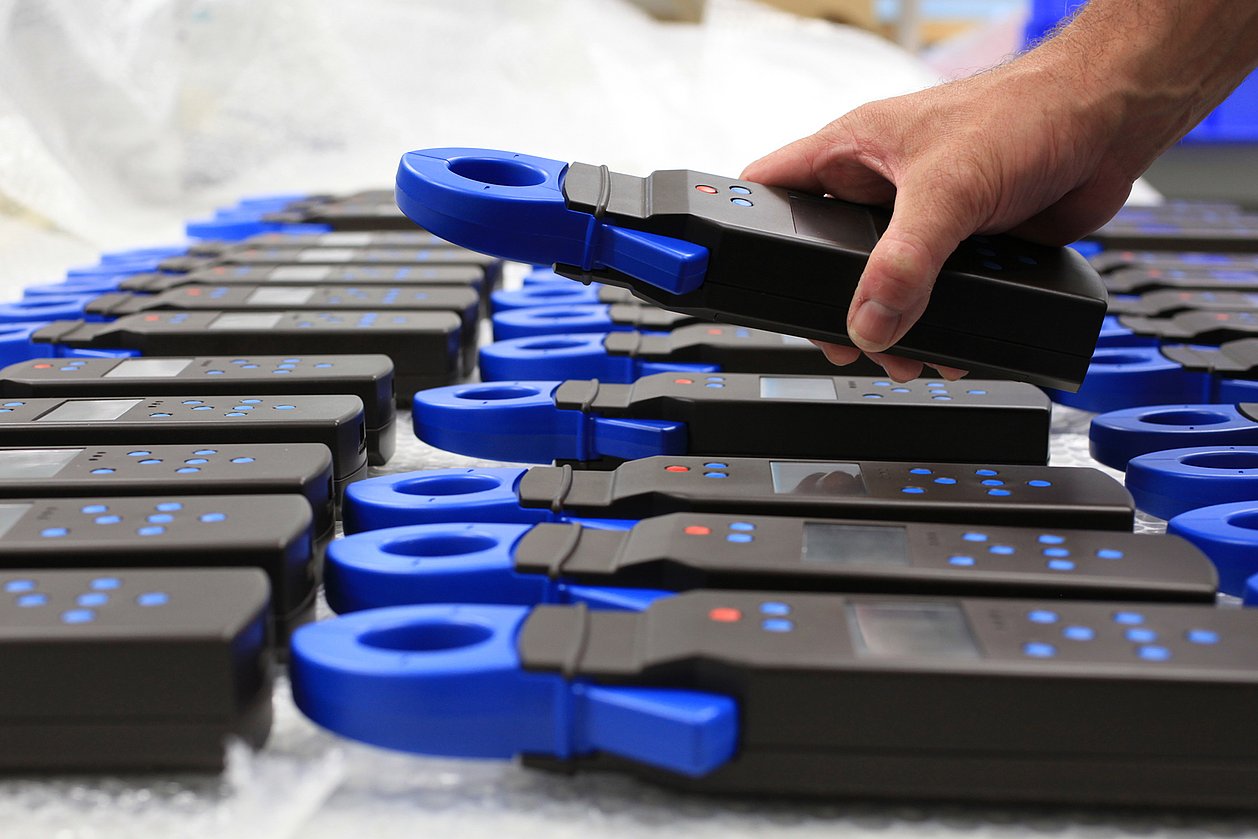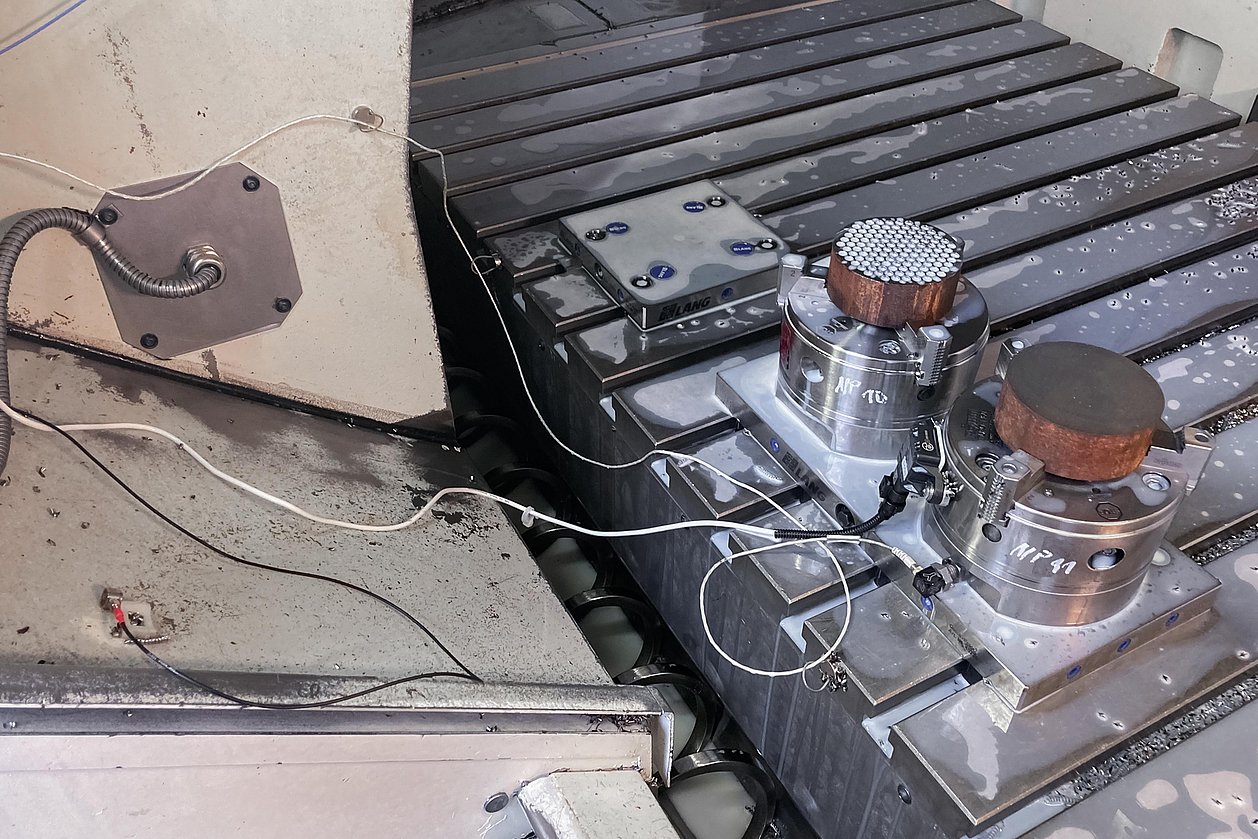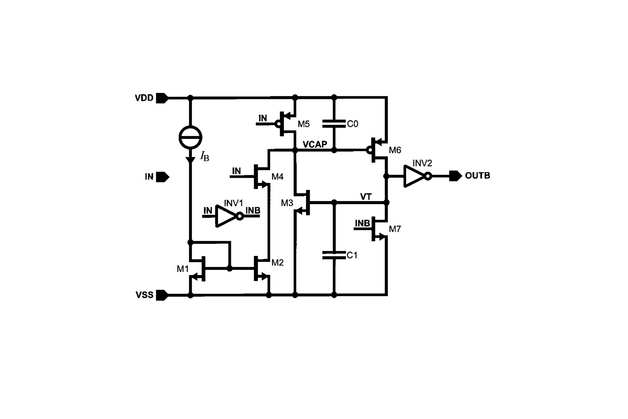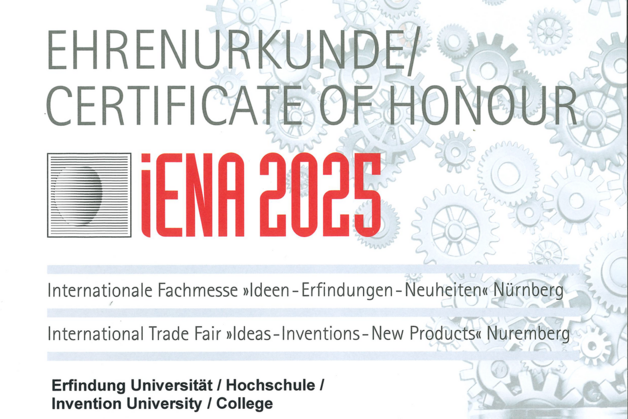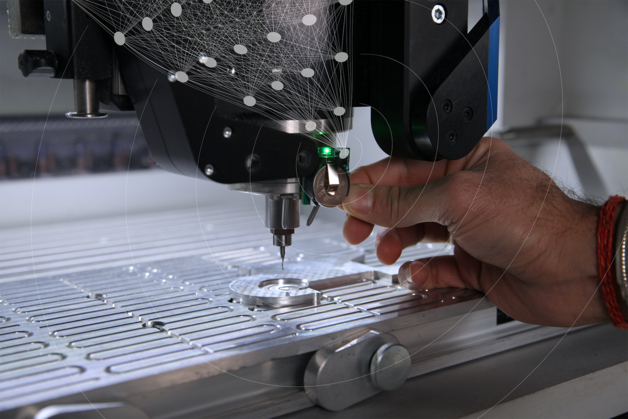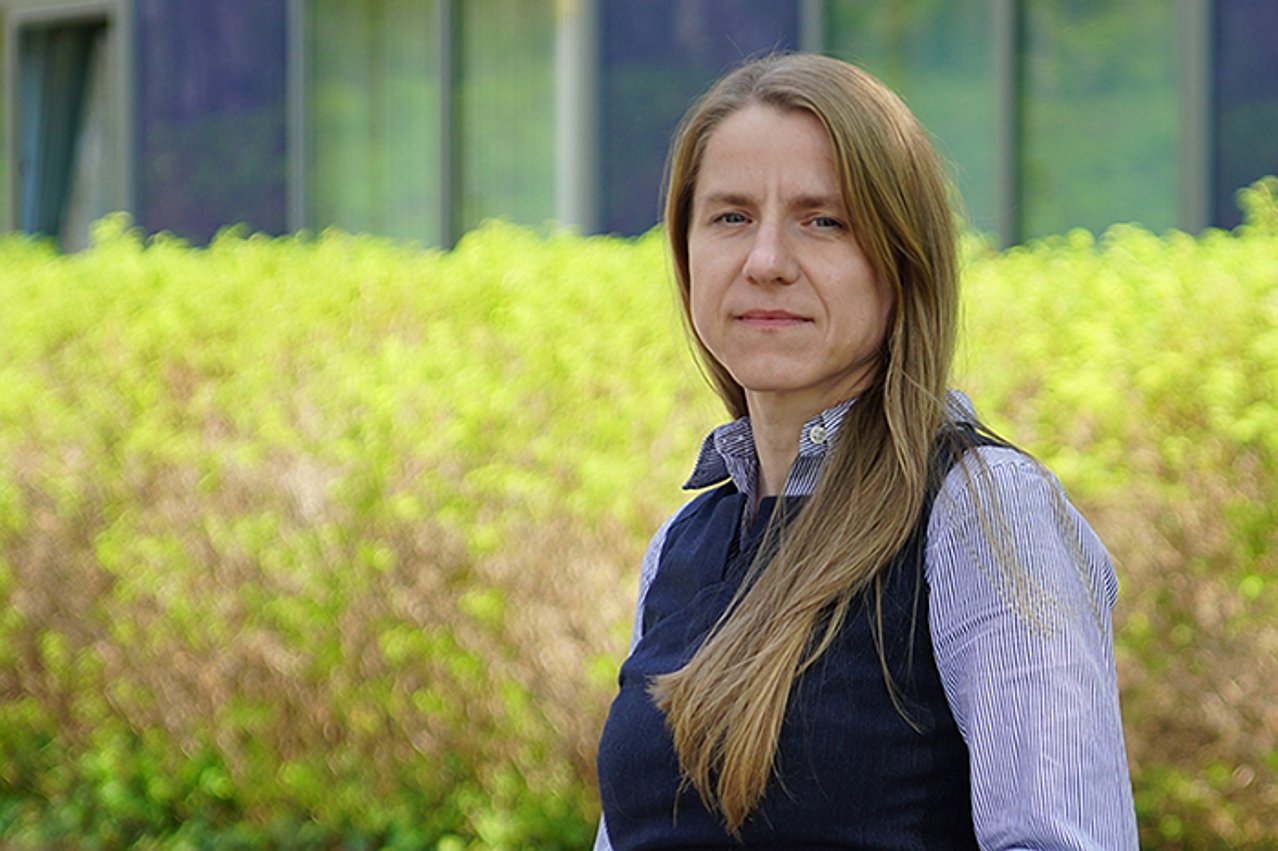Press releases
AI without the net: Energy-efficient edge AI sensor system for industrial monitoring applications
IMMS exhibits at embedded world
IMMS Institut für Mikroelektronik- und Mechatronik-Systeme gemeinnützige GmbH (IMMS GmbH) will be presenting solutions for automatable processes, services and systems at embedded world in Nürnberg, Germany, from 11 – 13 March 2025. IMMS will be presenting its ‘AWARE’ development at the joint Thüringen booth in hall 4, stand 410. The small sensor system with local AI was developed to recognise errors directly in industrial processes and support decisions on predictive maintenance. As a research result, AWARE is the basis for developing monitoring applications in industry together with partners.
AI without the net?
Anyone who has ever wanted to ask the AI assistant on their smartphone in a dead zone knows that the AI models and algorithms do not run locally, but on powerful servers with lots of storage space. Edge AI systems such as the AWARE demonstrator system developed by IMMS in the HoLoDEC research project show that the answer can still come directly from a small device ‘in your pocket’.
In AWARE (advanced wireless AI-enabled real-time environment), the ‘artificial intelligence’ is integrated directly into the sensor. This allows decisions to be made in real time without having to go via the cloud. Automated adaptation to new environmental conditions opens up a wide range of applications, such as fault and wear detection in production.
Demonstrator with potential for monitoring developments
A demonstrator shows AWARE being used to monitor ventilators - a simple example application with great transfer potential. AWARE records vibration measurement data, analyses it and classifies the current status of ventilators. The system contains a vibration sensor that can record vibrations of up to 6.4 kHz and a microcontroller with an integrated radio transceiver.
The sensor data is processed by clustering using an unsupervised machine learning process. An ‘intact’ ventilator is taught in the process. The training takes place exclusively on the microcontroller of the sensor node.
Another ‘intact’ and a ‘defective’ ventilator can then be recognised and classified accordingly without the data having been recorded beforehand. The result is displayed via a green or red LED. The data can also be transmitted to an edge device via BLE (bluetooth low energy) to save energy.
Lots of research for small sensor nodes
In projects such as HoLoDEC, IMMS is creating the basis for transferring research results to industrial applications with developments such as AWARE.
In HoLoDEC, IMMS is researching how to optimise the use of AI algorithms on resource-limited devices for IoT applications. To this end, IMMS is developing energy-efficient edge AI systems with energy-optimised power distribution between as much sensor-related data processing as possible and as little outsourcing of tasks to the network as possible.
The challenge is that AI models and algorithms no longer only run on powerful servers with a lot of memory, but are to be used on microcontrollers for which they were neither developed nor are transferable 1:1 and must be adapted accordingly. However, current research is often limited to the development of a powerful AI model on a server.
The AWARE development shows that there is an alternative. At embedded world, IMMS is looking for new R&D partnerships in the field of adaptive edge AI systems for automation technology and Industry 4.0 as well as for monitoring and maintenance to initiate application-specific further developments of the AWARE system.
Funding
The HoLoDEC project on which this report is based was funded by the German Federal Ministry of Research, Technology and Space (BMFTR) under the reference 16ME0703. The author is responsible for the content of this publication.
This might also be interesting for you
Related content
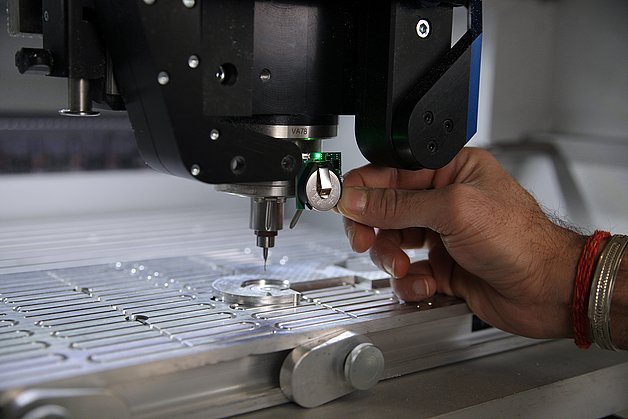
Project
HoLoDEC
IMMS researches ultra-low-power architectures (ULP) and circuit concepts as well as energy-efficient edge-AI systems with overall system energy…
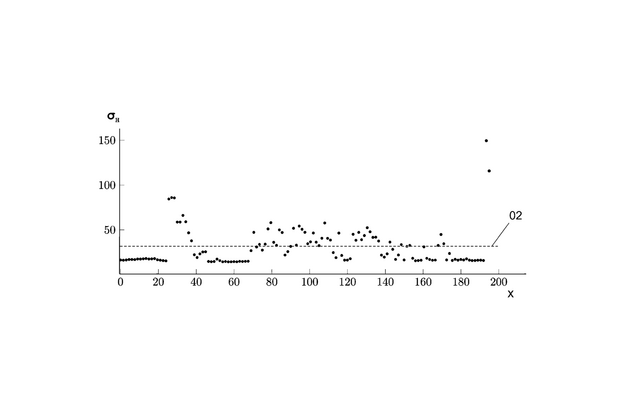
Patent
DE 10 2024 100 703
Method and sensor arrangement for monitoring the function of a machine component

Event,
SMACD 2025
International Conference on Synthesis, Modeling, Analysis and Simulation Methods, and Applications to Circuit Design
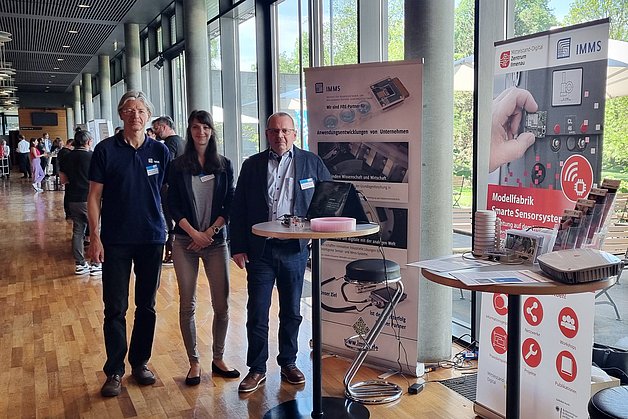
Event,
InnoCON 2025
Innovation policy flagship event of the German Land of Thüringen. Topic “Key technologies: Paving the way for the world of tomorrow“
Contact
Contact
Dipl.-Hdl. Dipl.-Des. Beate Hövelmans
Head of Corporate Communications
beate.hoevelmans(at)imms.de+49 (0) 3677 874 93 13
Beate Hövelmans is responsible for the text and image editorial work on this website, for the social media presence of IMMS on LinkedIn and YouTube, the annual reports, for press and media relations with regional and specialist media and other communication formats. She provides texts, photographs and video material for your reporting on IMMS, arranges contacts for interviews and is the contact person for events.


